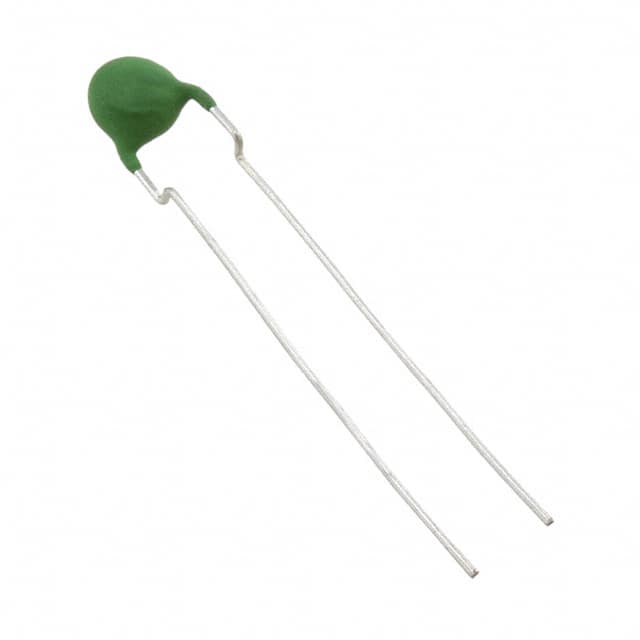YQS8121 Product Encyclopedia Entry
Introduction
The YQS8121 is a versatile electronic component that belongs to the category of integrated circuits. This entry provides an overview of the basic information, specifications, pin configuration, functional features, advantages and disadvantages, working principles, application field plans, and alternative models of the YQS8121.
Basic Information Overview
- Category: Integrated Circuit
- Use: The YQS8121 is commonly used in electronic devices for signal processing, amplification, and control applications.
- Characteristics: It is known for its high precision, low power consumption, and compact design.
- Package: The YQS8121 is typically available in a small outline integrated circuit (SOIC) package.
- Essence: The essence of the YQS8121 lies in its ability to provide reliable and efficient signal processing capabilities.
- Packaging/Quantity: It is usually packaged in reels or tubes containing multiple units.
Specifications
The YQS8121 features the following specifications: - Input Voltage Range: 3V to 5.5V - Operating Temperature: -40°C to 85°C - Output Current: 100mA - Gain Bandwidth Product: 10MHz - Package Type: SOIC-8
Detailed Pin Configuration
The YQS8121 has a standard pin configuration with the following connections: 1. VCC 2. GND 3. IN- 4. IN+ 5. OUT 6. NC (Not Connected) 7. NC 8. SHDN (Shutdown)
Functional Features
The YQS8121 offers the following functional features: - Low input offset voltage - High common-mode rejection ratio - Rail-to-rail output swing - Built-in thermal shutdown protection - Low quiescent current
Advantages and Disadvantages
Advantages
- High precision signal processing
- Wide input voltage range
- Compact design
- Low power consumption
Disadvantages
- Limited output current capacity
- Sensitive to electromagnetic interference
Working Principles
The YQS8121 operates based on the principle of differential signal amplification and processing. It utilizes internal circuitry to accurately amplify and condition input signals while maintaining high precision and low power consumption.
Detailed Application Field Plans
The YQS8121 is widely used in various applications, including: - Sensor signal conditioning - Portable instrumentation - Battery-powered devices - Audio amplification circuits - Control systems
Detailed and Complete Alternative Models
Some alternative models to the YQS8121 include: - YQS8120: Similar specifications with lower gain bandwidth product - YQS8122: Higher output current capacity with similar input voltage range - YQS8123: Enhanced EMI immunity with comparable performance characteristics
In conclusion, the YQS8121 is a highly versatile integrated circuit that offers precise signal processing capabilities with a wide range of applications. Its compact design and low power consumption make it a popular choice for various electronic devices and systems.
Word Count: 410
10个与YQS8121在技术解决方案中的应用相关的常见问题及解答
Sure, here are 10 common questions and answers related to the application of YQS8121 in technical solutions:
What is YQS8121?
- YQS8121 is a versatile integrated circuit (IC) commonly used in technical solutions for controlling and monitoring various electronic systems.
What are the key features of YQS8121?
- The key features of YQS8121 include multiple input/output channels, high precision analog-to-digital conversion, programmable logic control, and communication interfaces such as I2C and SPI.
How can YQS8121 be used in industrial automation?
- YQS8121 can be used in industrial automation for tasks such as sensor interfacing, data acquisition, and control of actuators or motors.
Is YQS8121 suitable for battery management systems?
- Yes, YQS8121 is suitable for battery management systems due to its ability to monitor and balance individual cell voltages, as well as control charging and discharging processes.
Can YQS8121 be integrated into IoT devices?
- Yes, YQS8121 can be integrated into IoT devices for collecting sensor data, implementing control algorithms, and communicating with other IoT nodes.
What programming languages are commonly used for YQS8121 development?
- C/C++ is commonly used for low-level firmware development, while higher-level languages like Python may be used for interfacing with YQS8121-based systems.
Does YQS8121 support real-time operating systems (RTOS)?
- Yes, YQS8121 can be used with RTOS to handle time-critical tasks and ensure deterministic behavior in applications such as robotics and control systems.
What kind of sensors can be interfaced with YQS8121?
- YQS8121 can interface with a wide range of sensors including temperature sensors, pressure sensors, accelerometers, and more, making it suitable for diverse measurement and monitoring applications.
How does YQS8121 handle power management?
- YQS8121 includes features for power management such as low-power modes, voltage regulation, and current monitoring, making it suitable for energy-efficient designs.
Can YQS8121 be used in automotive applications?
- Yes, YQS8121 can be used in automotive applications for tasks such as vehicle diagnostics, control of electronic systems, and monitoring of environmental conditions within the vehicle.
These questions and answers cover a range of common inquiries related to the application of YQS8121 in technical solutions. If you have any specific questions or need further details on any of these topics, feel free to ask!


